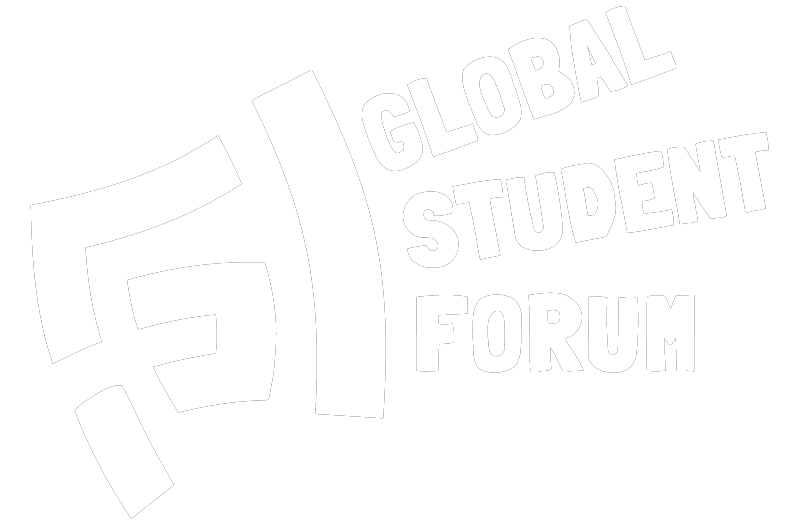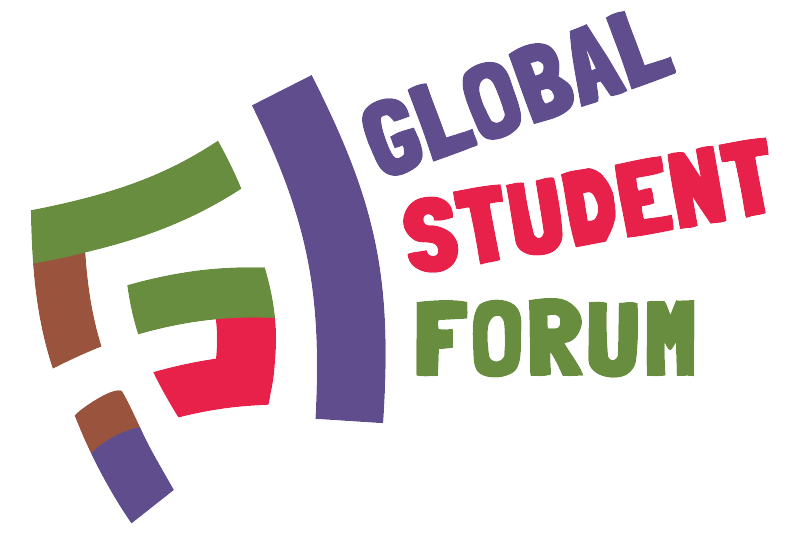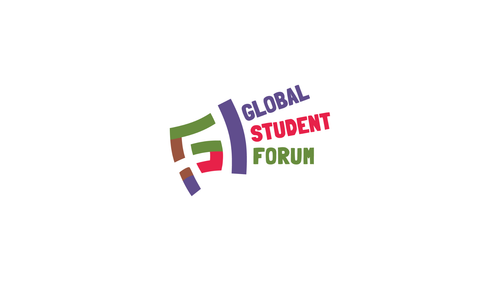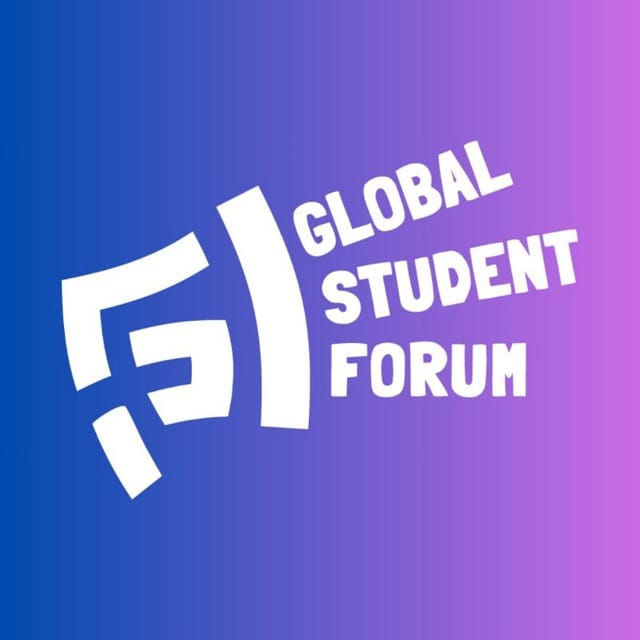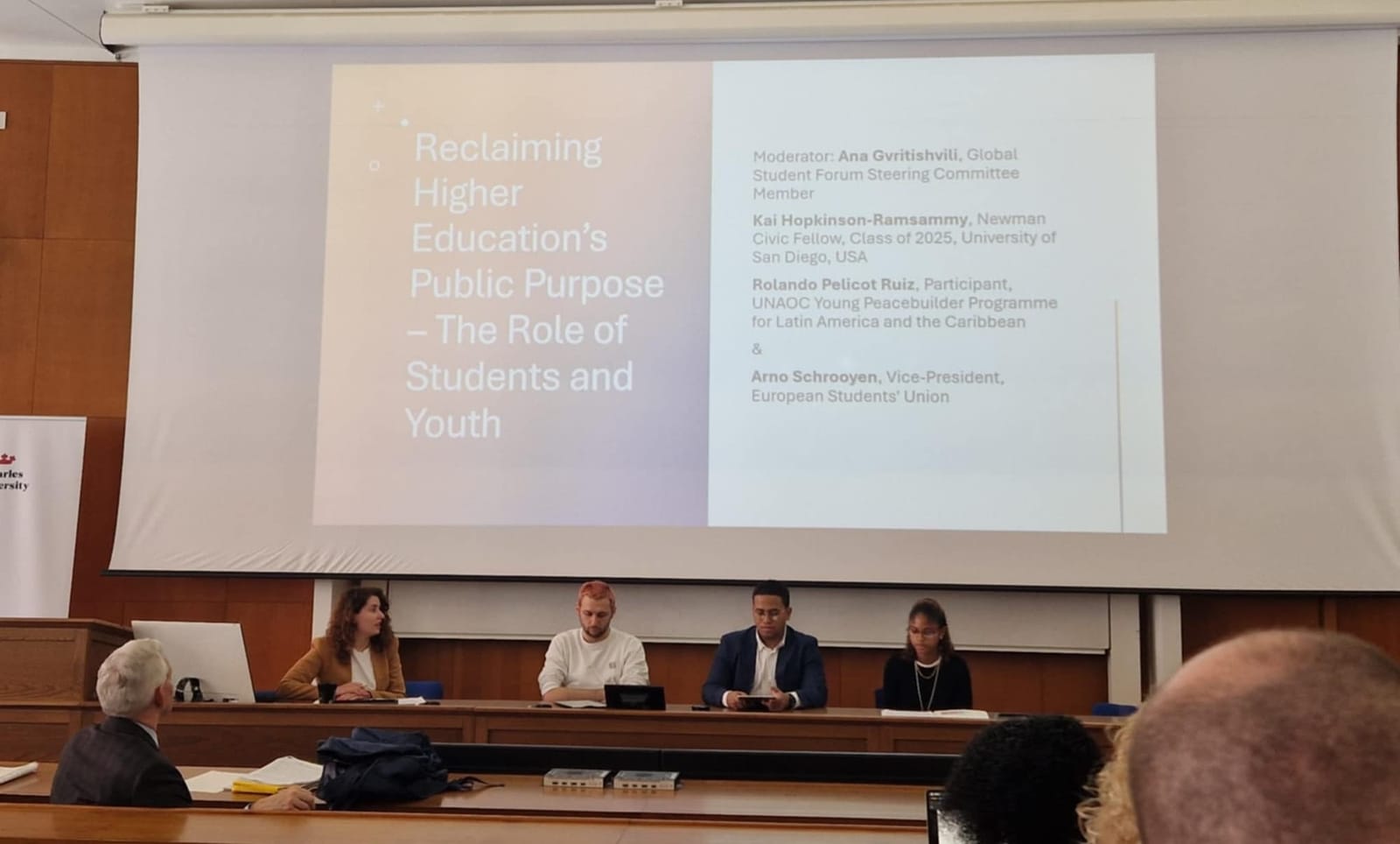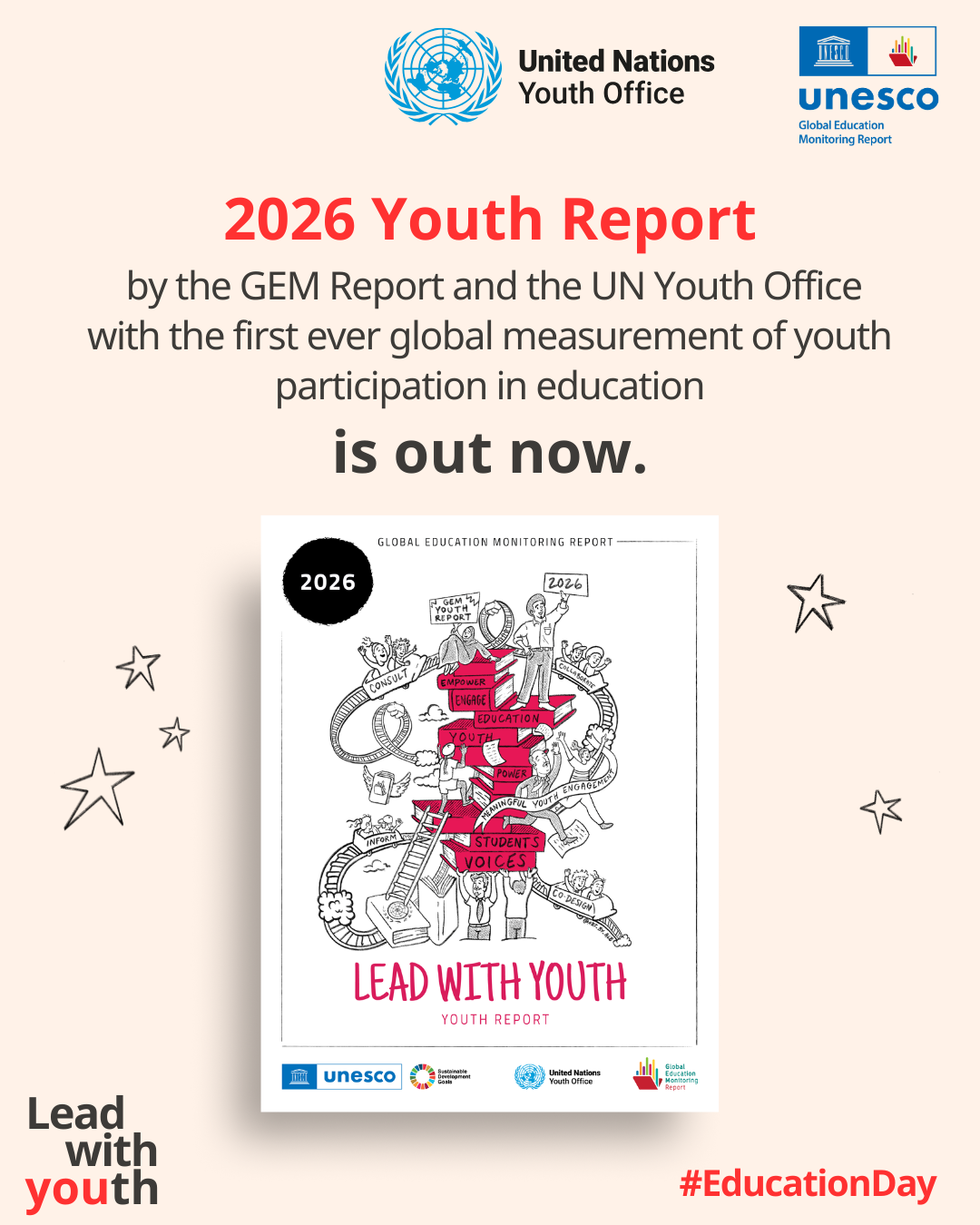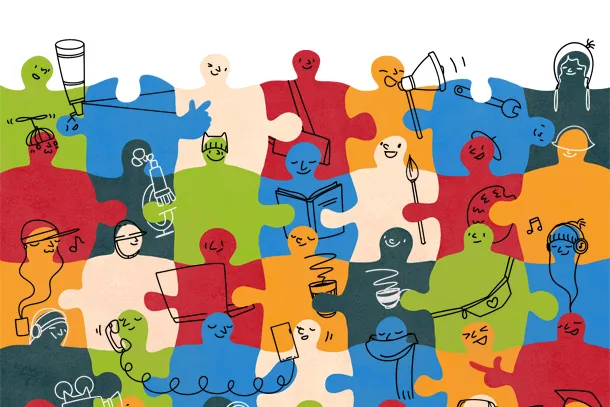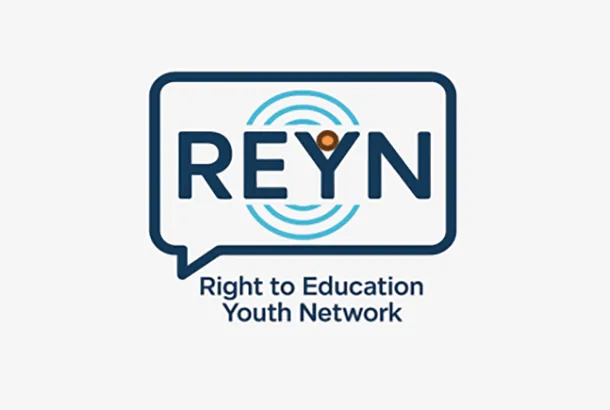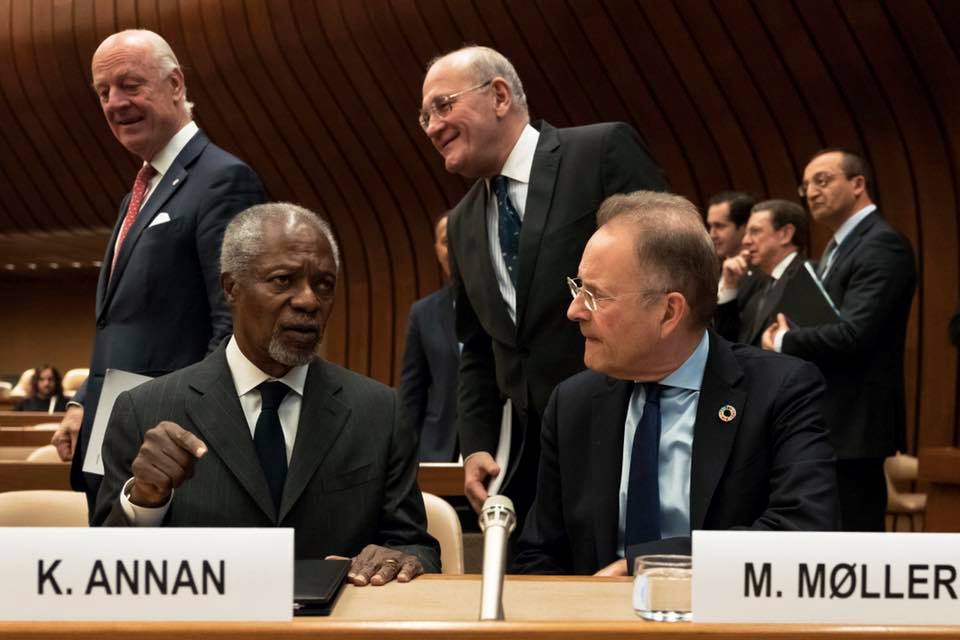The 2025 Global Forum on Higher Education was held in Prague (3-4 June). The panel, “Reclaiming Higher Education’s Public Purpose: The Role of Students and Youth,” was moderated by Ana Gvritishvili, Steering Committee member of the Global Student Forum. During the panel discussion, the core topics were highlighted: the importance of students’ involvement in University Governance, student-centredness during designing Higher Education’s Public Purpose, need for development of 21st-century skills among students.
The panelists mentioned that students can not be seen as passive actors of the academic community anymore. Students’ involvement in Governance, including policy making and institutional decisions, is crucial. Thus establishment of diverse student bodies are necessary for the freedom of student voice and making them real partners and equal members of the academic community.
The panelists also highlighted the importance of a Student-centered Approach. The aim of the higher education institutions is not only knowledge transfer, but they also need to shape responsible citizens, equipping them with democratic values, as well as giving them internationally competitive knowledge and a diverse student life.
As globalisation has changed the education landscape, panelists mentioned the importance of developing 21st-century skills, especially in the rapidly changing world. This includes critical thinking, climate change, sustainable developments, inclusion, and Artificial Intelligence. Students need knowledge that is up-to-date and rich with real-world experiences, community engagement, and collaborations. Universities should encourage international discussions involving youth and students.
Access to education and inclusion were also addressed by the panel members. They mentioned the importance of fair funding opportunities and giving the right to education to a broader community, supporting equality and equity.
Finally, the panelists argued that Higher Education Institutions should raise intellectuals with critical thinking and democratic skills, while engaging in active discussion with students, seeing them as equal members of university life.
